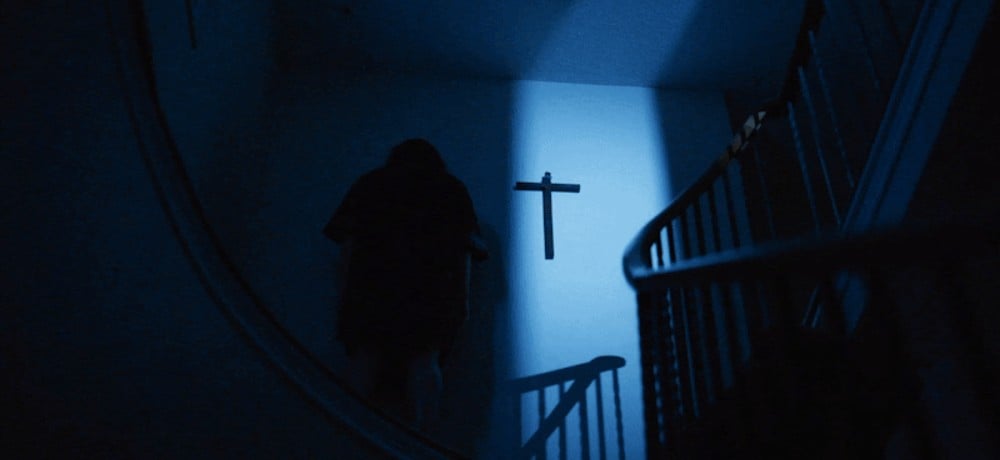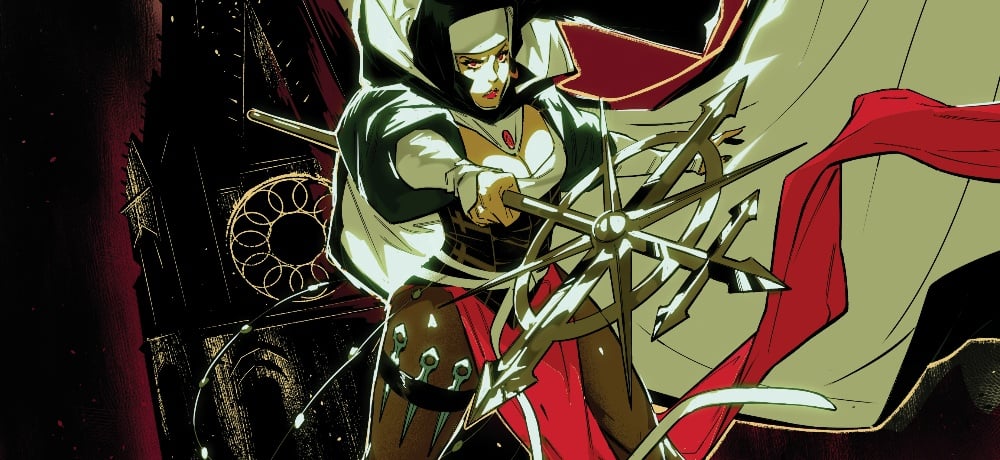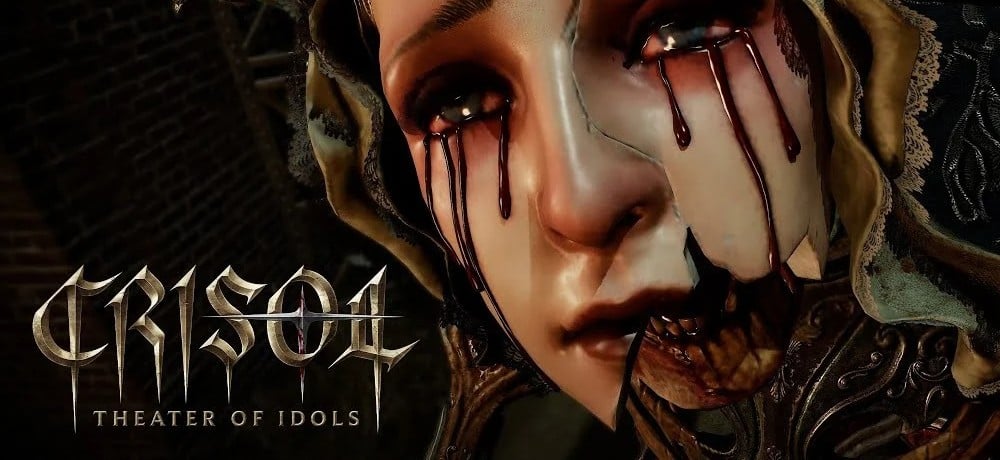





While it may not be related to a horror film, when you’re presented with the opportunity to interview Taika Waititi, it’s something that this writer was not about to pass up. Over the last few years, I’ve enjoyed seeing Waititi carve out a niche as a filmmaker who finds unique ways to capture humanity in his work—from Eagle vs Shark to What We Do in the Shadows to Hunt for the Wilderpeople to even Thor: Ragnarok—with his latest directorial effort, Jojo Rabbit, being no different.
A sweet and smart slice of satirical storytelling, Jojo Rabbit is truly a film we need today more than ever, which is something Waititi believed as well. The film screened last month at the 2019 Fantastic Fest, and while in Austin, Daily Dead spoke with Waititi as part of the press day for the film.
Look for Jojo Rabbit in theaters everywhere this weekend, courtesy of Fox Searchlight.
So, how on earth did you go about pitching this movie, right now, to the studio and getting them to be like, "Yeah, we need to make this movie." Because I think most of us understand why this film is necessary. But when you look at it from the surface, making a social satire about a little boy whose imaginary friend is Hitler seems pretty audacious and risky.
Taika Waititi: It's a hard thing to pitch, for sure. In 2011, when I was trying to describe the idea to people—I wasn't even pitching it, just describing it to friends or people in the industry—almost immediately, you'd see the eyes glazing over, and this look on their faces of like, "Hmm, this might not be a good idea." It's why I think also, there are people who feel like there's a saturation of World War II films and so there’s this idea of, "We've heard this story before."
But my theory is that you can't hear it enough. I said last night in the screening, it's important to keep telling the story again and again in different ways. Because people, they actually do forget what happened. They did say after the war, "Lest we forget, let's never forget what happened." And then The Guardian did a poll in the States, and from all of the people they talked to, 66 percent did not know what Auschwitz was.
And so that, to me, means that it's important to keep telling the story and I don't think it gets boring. I think it's important to keep reminding ourselves. And sometimes you have to use humor to do it, and that's why I think in all of my films, they use humor to draw an audience in before delivering the real message of the film, or the more kind of profound and deeper themes of the film.
So in keeping with that, there's been a lot of discourse over the last year about, "When does satire go too far?" and, "How far should comedians push boundaries?" And you pulled it off. You took a super sensitive subject and satirized it, and it worked. What do you think is the key to an artist not crossing that line between, "Oh, this is excellent and hilarious," and, "Oh my God, this is very uncomfortable, it shouldn't be happening." How did you balance that when you were making this?
Taika Waititi: I balanced it by just asking audiences and testing the film a lot and seeing what people's comfort levels were like. And New Zealanders, we have a more polite style of comedy. I don't think we like to make people feel bad about themselves, so I don't think there was ever a chance that this would push it into the zone of really uncomfortable and inappropriate storytelling.
The other thing that people might be concerned with is if you’re using comedy to trivialize things. We didn’t want to do that. At the same time, if you look at all of the designs of the uniforms, they were made up by teenage boys who thought, "What's cool? What can we put on our uniforms that's cool"? On the hat, it's got skulls and crossbones. Skulls and crossbones on the hat. Lightning bolts on the belt buckles. Everything is all basically pirate-themed, or it’s related to Norse gods, or even Ancient Rome. So, in a way, they were living their own fantasy, and that in itself was already absurd. And I think when you look at each little aspect of who they were from that point of view, it becomes much easier to lambast them with your storytelling.
Even though it is set in World War II, did you realize how current this story would feel when you were writing it?
Taika Waititi: No, because I wrote it before Trump got in. I wrote it at a time where there was still small pockets of hate groups and things popping up here and there, but nothing like now. So when I came to make the film, he'd been around for about two years, and just in those two years, just seeing how much the world had changed—and not just America, either—with hate groups and acts of intolerance, it did end up feeling very timely.
But yeah, I think that's the thing with bullies. You have to keep making fun of them. Because back in high school, the only way that you could really get back at a bully was to make fun of them, and that would drive them even crazier because they would often not know how to fight back or something like that. Once you make someone the butt of the joke, and everyone's on your side laughing at this one person, it's much harder to come up with an intelligent response to that than it is to just punch someone. Which is why I think you see this thing with Trump; he'd rather take time away from running the country to tweet back at Chrissy Teigen, because he's so upset that a celebrity might make fun of him that he's willing to put off running a fu--ing country.
Before we go, can you talk about Roman [Griffin Davis]’ performance as Jojo? He was wonderful and I was wondering what it was that you saw in him that made him perfect to play Jojo.
Taika Waititi: He's an incredible kid. A really incredible kid, and very sensitive, too. When I first came onto set dressed as Hitler, he got quite emotional. I'm not sure how much research he'd done, maybe just enough to know that this guy was a real prick. So, he ended up being quite emotional when he first saw me dressed like that. And that, for me, is the key. As a director, when you need a younger actor, finding kids who are sensitive and who are very open, where their receptors are very engaged, that’s essential. You don't want a kid who doesn't care about anything, who doesn't care about people, or doesn't want to do the research, or doesn't care about history.
But Roman was such a smart and intelligent and very emotionally sensitive kid, and that made it a lot easier to tell this story and it helped a lot with humanizing Jojo, too.
[Photo credit: Above photo by Kimberley French / © 2019 Twentieth Century Fox Film.]